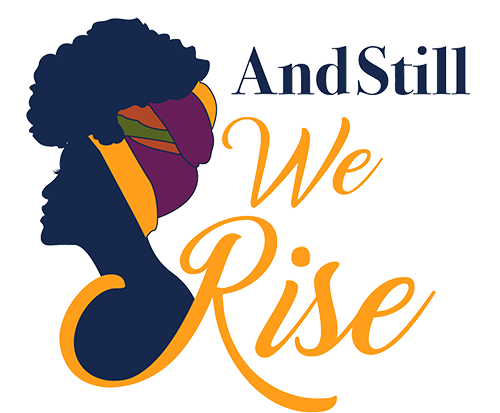How the Roe V. Wade Supreme Court Decision Could Impact the BIPOC Community
And what do we do about it?
By: Dr. Chrissy Davis, Ph.D
As a woman from Texas, of course I’ve been appalled every step along the way leading up to the reversal of Roe V. Wade. I moved to the Pacific Northwest last year, and as I prepped to move away from the Lone Star State, I watched the “Heartbeat Bill” pass in Texas (which many view as a the first domino in the current restriction of abortion access in the U.S.). I reach out to Texan friends and family, wanting to support them, and feeling lost how to do so sometimes.
I watch the arguments on the Internet about how we are turning into a modern-day Handmaid’s Tale and one point of contention always stands out to me: People voice their discouragement that people only pay attention to this issue in media when it’s represented in a dystopian show as a problem for mainly White women, and I can’t disagree with them there.
Will I keep watching June’s power struggle with Gilead until this show finally gives us the closure we all need? Yes, absolutely. But, the show is not super intersectional or representative for BIPOC people as main characters in this issue, a metaphor for the way we view this issue in our society today. Which is not cool, considering…
BIPOC women in the U.S. are at a higher risk for:
not being able to access the healthcare they need
mortality/complications during childbirth
not having their pain taken seriously by medical providers
living in a state where abortions are banned/restricted
having disproportionate punishment from legal systems
(Many of these risks increase if they are LGTBQ+, too.)
So, how do we break this down to understand that this is not only an issue that hits home for every person with a uterus, but an even more difficult issue for people of color? And why does that matter?
The topic of abortion access isn’t just about reproductive rights, it’s about autonomy and a right to decide. In our country, a select few have held deciding privileges for a long time. Things are changing, we have more people of color and women in the legislature than ever before. But things also change slowly. Our first Black woman Supreme Court justice was only recently appointed (do the math on how long then, it has been without a Black woman in the Supreme Court). This means decisions have been made for women, BIPOC, and LGBTQ+ folks for a long time without the amount of representation necessary, which leads to serious consequences, such as the reversal of Roe V. Wade. This matters for who gets to make decisions for their own autonomy as citizens.
Be intentional. Extend your compassion and care to the BIPOC folks in your life and community when the issue of abortion comes up. What does this actually look like? Whether that’s in organizations you donate too, if you’re a medical/mental health care professional ensuring inclusivity for your clients of color, and if the topic of abortion comes up at your dinner table and you’re up for the topic: don’t leave BIPOC women and LGBTQ+ folks out of the conversation. Be willing to understand their experiences in this are likely different from yours if you’re White– and bringing this up to other White folks in your life can be really important so that BIPOC folks don’t have to.
Be willing to own your privilege, even when you are being oppressed. This is a hard one my fellow White women, but my call to you is to be compassionate, sensitive, and attempt to be understanding about how the reversal of Roe V. Wade can be extra scary and unsettling for people of color. Do your part to learn who systems benefit, and who they hurt. Also, to the men: every single one of you who has voiced your concerns about Roe V. Wade, we thank you. AND, be sure that you are supporting ALL the women and people with uteruses in your life.
Acknowledging these disparities can help our solidarity. Why am I bringing up all of these things in the first place? Okay, the odds are stacked against the BIPOC community when it comes to abortion access. Okay, this issue is deeply gendered. What do we do after we acknowledge those two things? Knowing the ways groups are uniquely or disproportionately impacted helps us know how to better help all. We have a better chance of moving forward together if we are willing to understand the complexity of racism and sexism colliding together when it comes to abortion access.
When we acknowledge this issue together, we can fight together. With how we vote, how we unionize, how we support one another, and with how we liberate. Uniting keeps us less divided, more trusting of one another, which means there is more of us to listen to one another and fight together.
Be angry in unison, and if you are privileged, lift others up with you. If you are a person of color reading this, I see you and am here to listen to what you need. My call to anyone advocating for abortion access is this: be curious how you can help one another be inclusively outraged, so that we can fight for the right to bodily autonomy together. And go vote in November!
About:
Dr. Chrissy Davis, Ph.D (she/her) is psychotherapist for And Still We Rise. She is under the supervision of Dr. Natasha Holmes. Learn more about Chrissy here.

